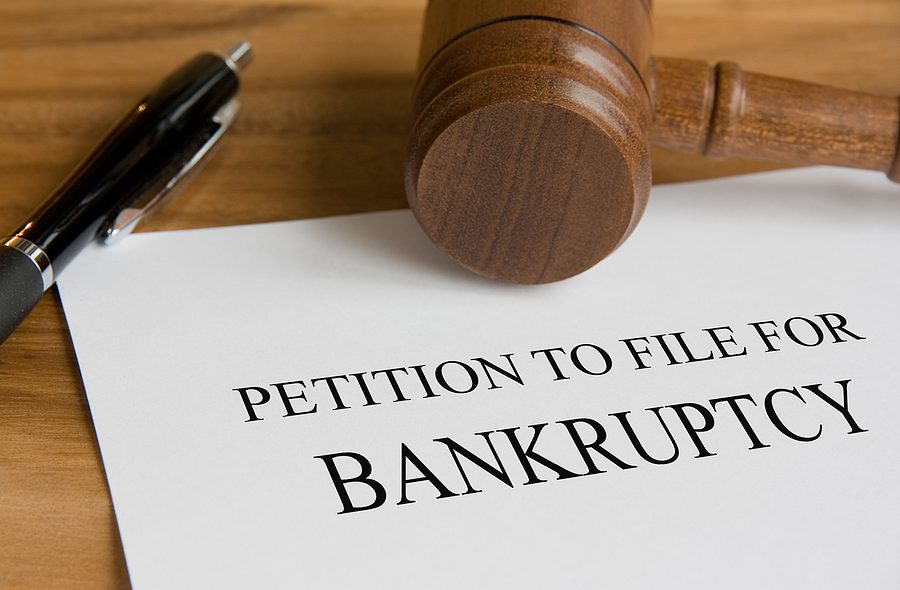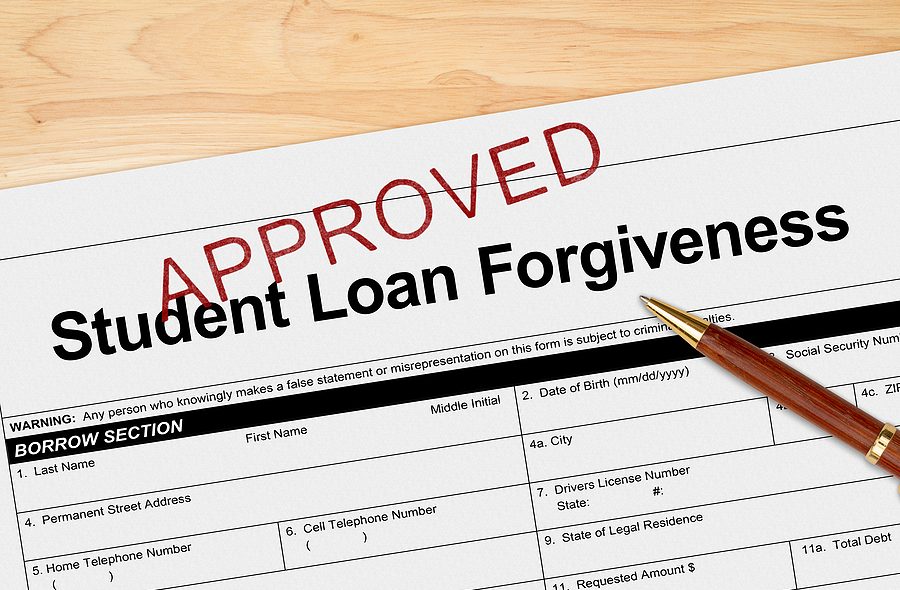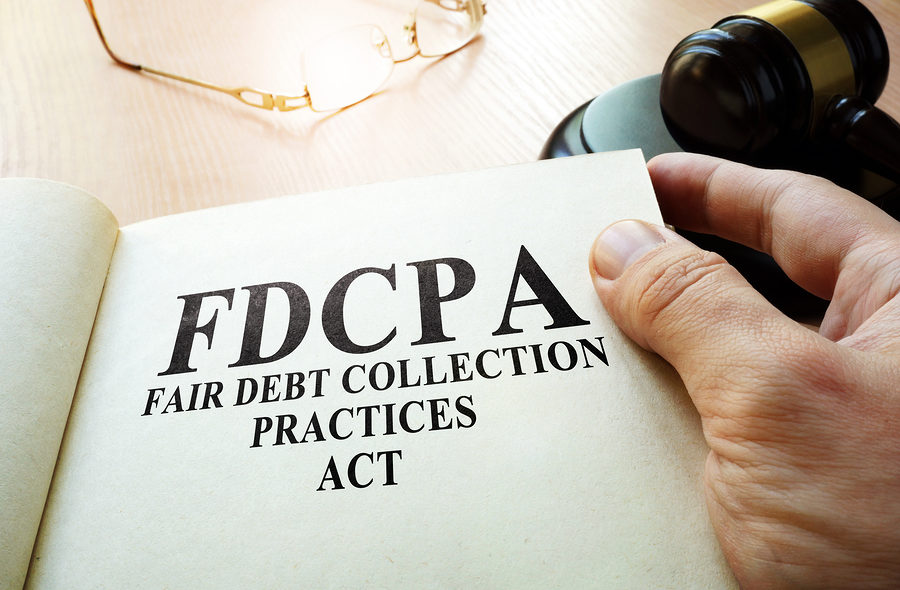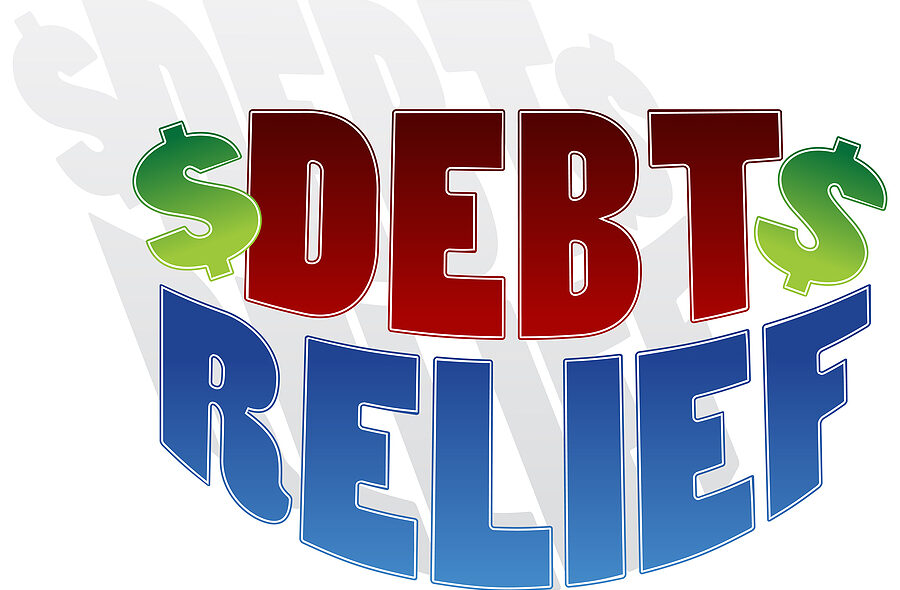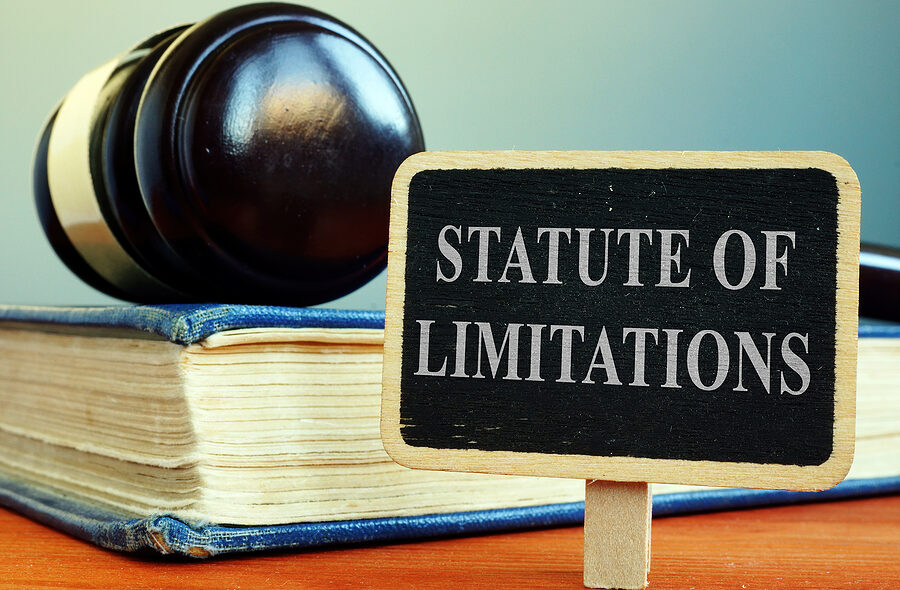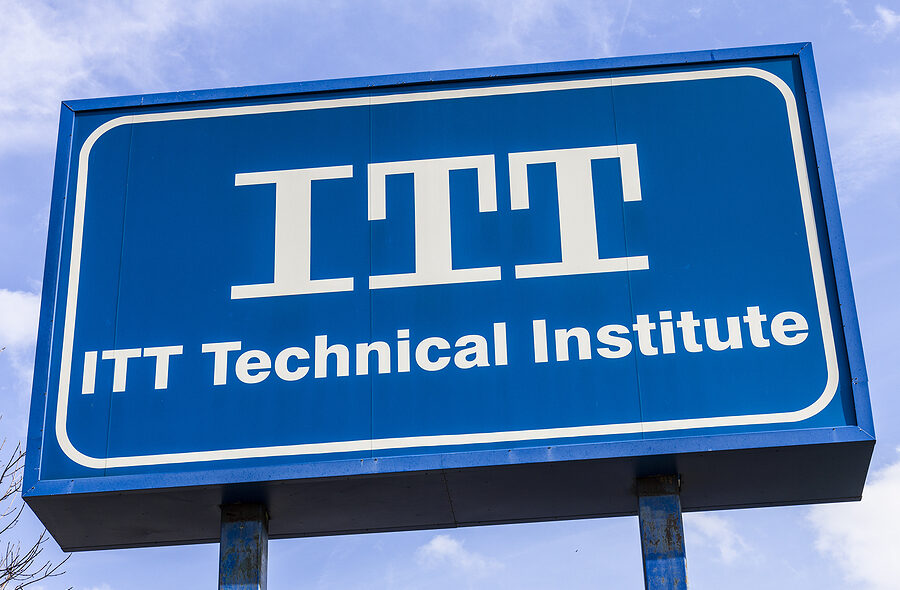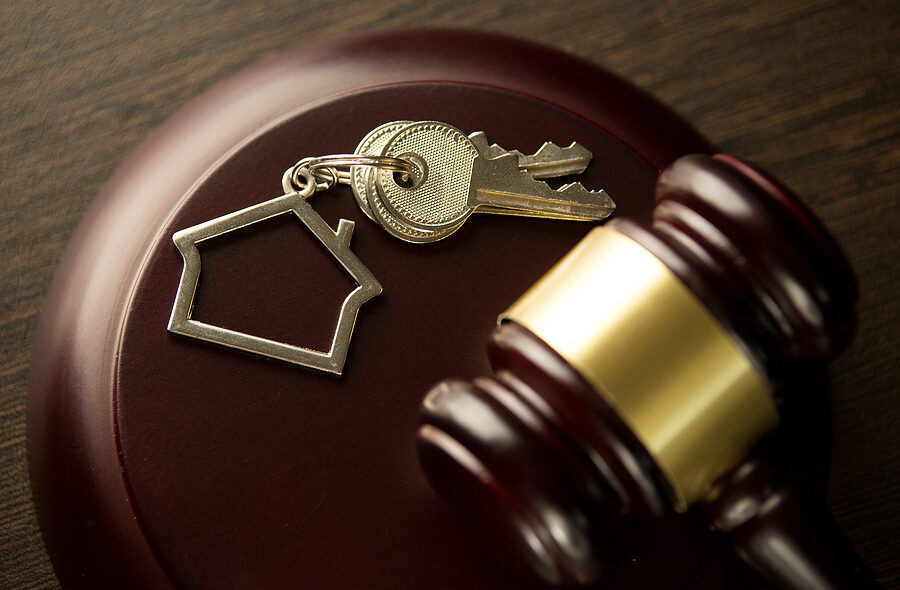The fear of losing everything is a very real concern for those contemplating bankruptcy. However, this is one of the most common bankruptcy myths, and can keep individuals who are drowning in debt from obtaining a fresh financial start.
To make the bankruptcy process a little easier to understand, we have dispelled the top three fears people have when filing for bankruptcy.

